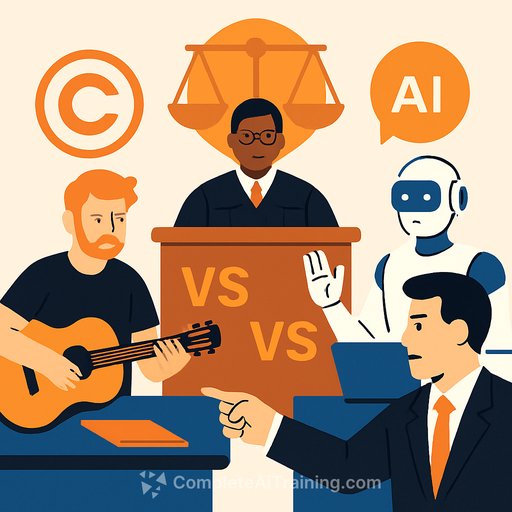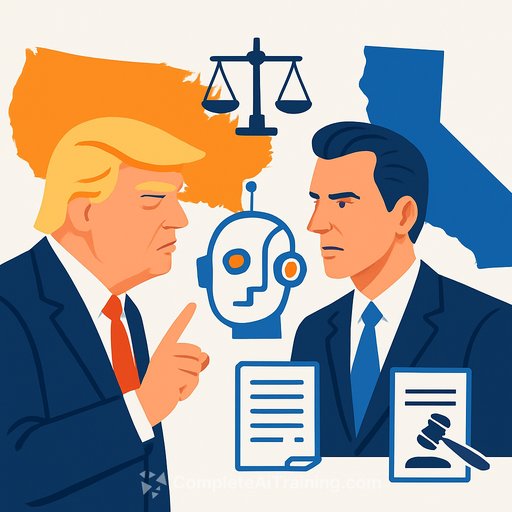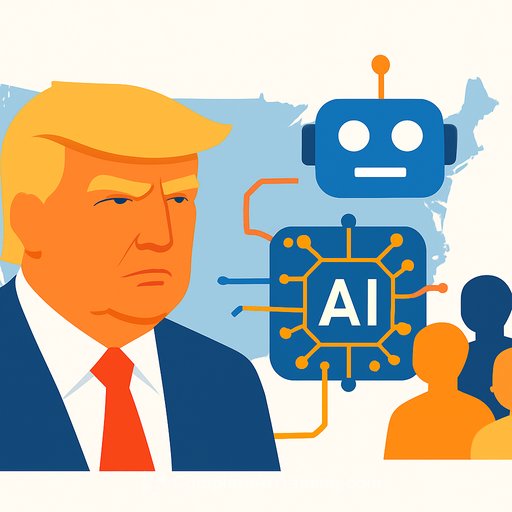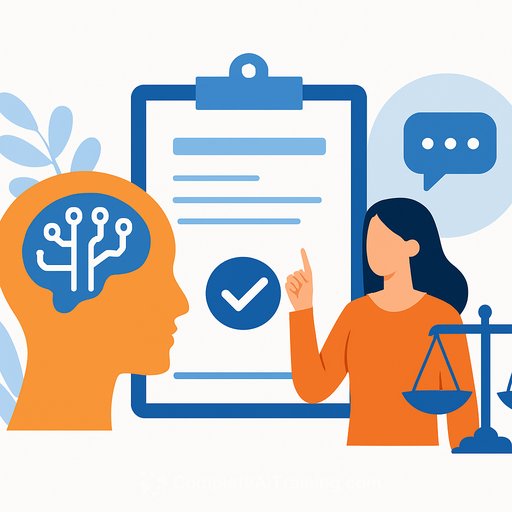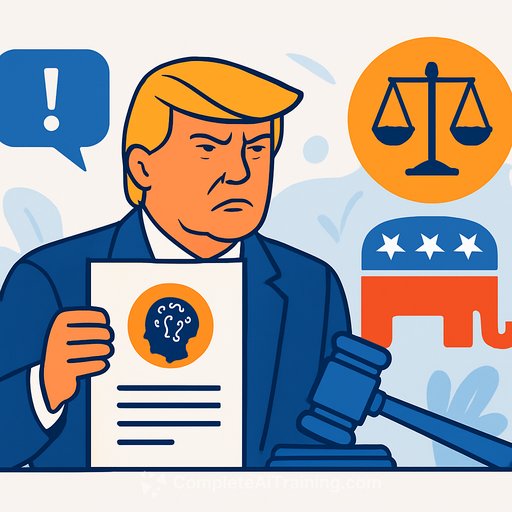Suno Challenges Indie Artist’s AI Copyright Class Action Lawsuit
AI music company Suno is pushing back against a copyright class action lawsuit filed by independent artist Tony Justice. The lawsuit claims that thousands of unsigned artists have been excluded from earlier landmark suits against Suno and Udio by major record labels. Suno argues that Justice’s case is “cluttered” with baseless legal theories absent from the major labels’ parallel litigation.
Background of the Lawsuit
In June, Tony Justice, an indie country singer, filed two federal class action complaints targeting Suno and Udio. The suits allege widespread copyright infringement, asserting that these AI companies trained their models on unlicensed sound recordings. Similar claims were previously brought by Universal Music Group, Warner Music Group, and Sony Music Entertainment.
While Udio has yet to respond, Suno responded with a motion to dismiss on August 18, emphasizing that Justice’s claims rely heavily on the unresolved question of whether AI training constitutes fair use under copyright law.
Legal Focus: Fair Use and Copyright Infringement
The issue of fair use in AI training remains unsettled and is being actively litigated nationwide. Suno is specifically seeking to dismiss one of Justice’s unique claims—that the AI-generated songs are “near exact replicas” of existing tracks and thus infringe copyrights themselves.
Suno’s motion states that this theory “doesn’t track the law.” Under copyright statutes, a sound recording infringes another only if it contains a direct sample from the original. Suno insists its tool generates entirely new sounds rather than assembling samples from existing music.
“Plaintiffs could never have a good faith basis to allege that a given Suno output is actually an infringing derivative work of one of their songs,” the motion states.
Scope of Copyright Claims
It is important to distinguish that all lawsuits against Suno and Udio so far focus solely on sound recordings, not on the underlying musical compositions. Copyright infringement claims involving compositions fall under a different legal framework and are typically handled by music publishers.
To date, no music publishers have filed suits against these AI companies. However, a coalition of publishers is pursuing claims related to AI-generated song lyrics against another AI firm, Anthropic, specifically concerning its Claude chatbot.
Indie Artist’s Response
Justice’s attorney, Krystle Delgado, expressed on August 19 that early dismissal of the class action is unwarranted. Delgado emphasized that the difficulty of proof should not shield Suno from liability and that independent artists deserve an opportunity for discovery to uncover how their works were used and reproduced by the AI models.
What This Means for Legal Professionals
This case highlights ongoing legal debates around AI-generated content and copyright law, especially regarding fair use and derivative works. Legal practitioners should monitor how courts handle claims of AI-generated outputs constituting direct infringement versus training data usage.
For those interested in the evolving legal landscape of AI and copyright, staying informed about current and upcoming cases will be crucial. This will help anticipate how copyright law might adapt to new technologies.
Learn more about AI and legal implications with courses and resources available at Complete AI Training.
Your membership also unlocks:

